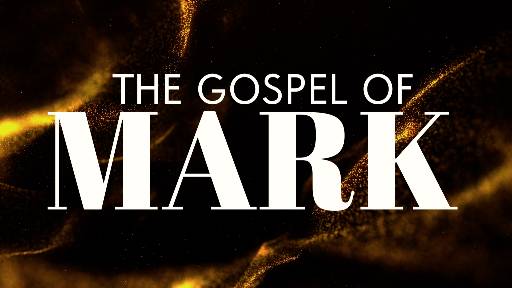-
Mountain Top Glory & The Descent Series
Contributed by Chris Appleby on Nov 28, 2017 (message contributor)
Summary: It’s not by chance that Jesus takes his inner circle up a mountain to witness a most significant moment in their apprenticeship. There they see a manifestation of the glory of God in Jesus.On returning they're reminded of the reality of life in this world
Mountains play a large part in the history of Israel. It was on a mountain that Abraham proved his faith in God in preparing to offer his son Isaac to God as a sacrifice. It was on a mountain top that God showed Abraham all the land of Canaan and promised him all he could see in every direction. It was on a mountain that Moses encountered God for the first time and then later received the 10 commandments; and on the same mountain God later revealed himself to Moses. It was on a mountain that Elijah overcame the prophets of Baal and on a different mountain again that he encountered God himself. And of course Jerusalem was established on Mt Zion. So it’s not by chance that Jesus takes his inner circle up a mountain to witness what will be a most significant moment in their apprenticeship.
He takes them up a high mountain by themselves. This is not for the crowds to witness – not even for the other 9 disciples. This is an event that’s mainly for him but that needs to be witnessed by these three so they can tell people about it after his resurrection.
While they’re there, - Luke tells us that it’s while Jesus is praying, - he’s transfigured before them. That is, his face begins to shine and his clothes become dazzling white. The implication is that this is a manifestation of the glory of God in Jesus. The shining face is like the change that came over Moses when he’d been speaking to God on Mt Sinai or in the Tabernacle during the Exodus. It’s as though Jesus is transported into the presence of God. The bright clothes are a sign of purity and God’s glory, like the description given of the angels of God in various places. What’s happening is that the three disciples are given a brief glimpse of a reality beyond their human experience, a hint of the true nature of this Jesus that they’ve only recently proclaimed to be the Messiah.
It seems it’s less than a week since that occasion. It’s significant, I think, that all three of the synoptic gospel writers place this event immediately after Peter’s confession of Jesus as the Christ and Jesus’ explanation of his purpose for coming; that is, to die on the cross and rise again after three days. The disciples were distressed at the fact that Jesus would immediately begin to talk about his death. But they needed to realise that there was more to Jesus than they’d so far perceived; that their human perceptions were so far short of the mark that they needed to rethink them.
But perhaps Jesus also needed the reassurance that his understanding was correct. Here he was proclaiming the way of the cross, and those nearest to him were telling him he must be mistaken. Remember, Jesus was both human and divine. He had a divine insight into his future path, but he also had the human limitations of not knowing for certain what was ahead. So when his disciples started to question what he was thinking, perhaps he needed to be reassured. Remember how he told Peter “Get behind me Satan,” as though Peter was acting as Satan’s mouthpiece, putting doubt in Jesus mind, so that he’d question whether he’d got it right?
Do you sometimes experience that sort of doubt? Does Satan sometimes put questions in your mind that ask whether it’s all true, whether God really is there to protect you or guide you? That’s why it’s so important that we maintain constant fellowship with other Christians: because otherwise the doubts and pressures of the world wear away at us. Otherwise those who doubt the truth of the gospel, some of whom you’ll even find within the Church, begin to undermine your faith. We need to be reminded constantly of the God who came and died for us, whose Lordship is shown by his victory over death. We need to be reminded that serving him is worth any price.
So too, perhaps, Jesus needed to be reassured and his resolve strengthened for the task that lay ahead. And so God sends Moses and Elijah to speak with him. Luke tells us that they were speaking about his departure, literally his exodus, which he would fulfil at Jerusalem. These two men are significant because of what they represent. Moses represents the Law, which Jesus has come to fulfil. But he’s also the forerunner of Jesus, the one who first brought his people out of slavery to freedom in the Promised Land. It was under Moses that the people of Israel became a nation. So too, under Jesus the people would be freed from slavery to sin and a new nation would be formed. Elijah, on the other hand, represented the prophets, those whom God had sent to call his people back to himself. Jesus had come to provide the true way that people could be brought back to God. Elijah’s coming was to be the sign of the coming of God’s kingdom, which Jesus was now bringing in. As well as all this, both Moses and Elijah had made an unusual departure from this life. Moses just disappeared and Elijah was taken up alive to heaven. And so they were well qualified to minister to Jesus as he contemplated the suffering that lay before him. These two, more than any other, represented all of God’s painstaking care and preparation for the fulfilment of his plan for his people.

 Sermon Central
Sermon Central



